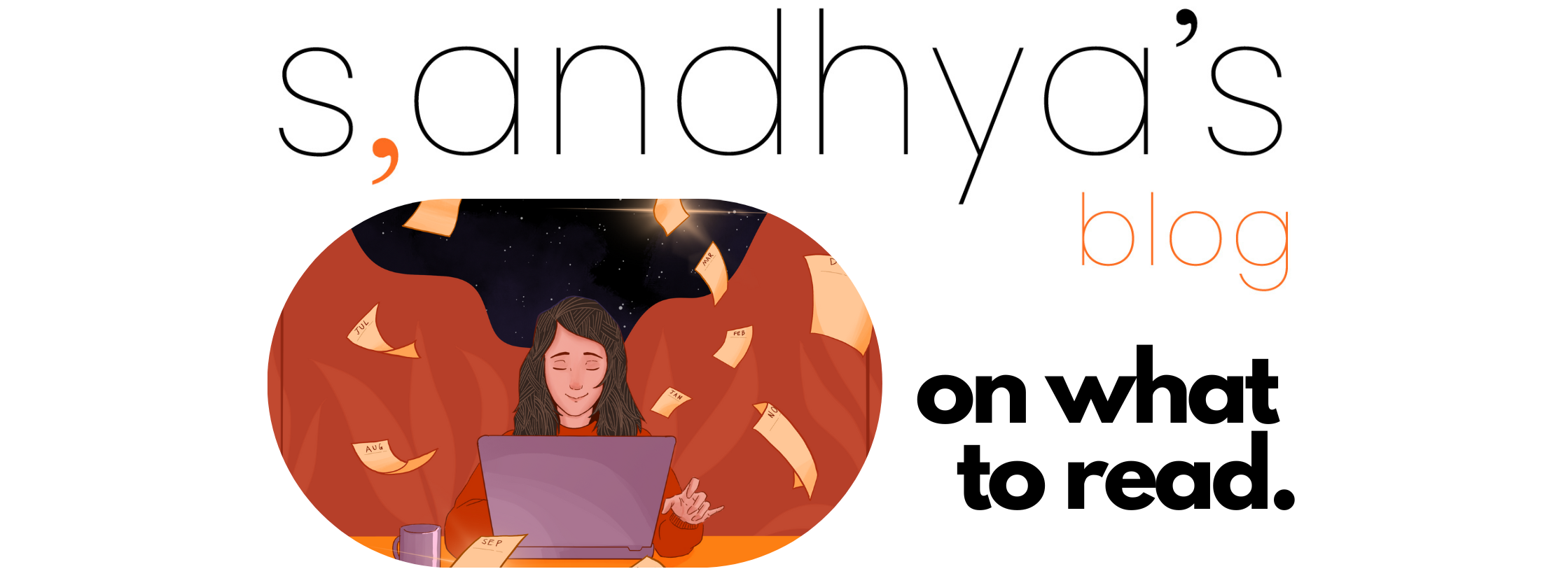Several People Are Typing by Calvin Kasulke
Just starting this one dude looks damn interesting
That is what I said, and exactly how I said it when I excitedly sent a snapshot of this book cover to a friend. No full stop, no comma, no sign of any punctuation. A random couple of words, the meaning of which are undoubtedly clear when accompanied by the image, but no nothing other than that. If I were typing from my laptop, the “j” in “Just” would have probably been in lowercase. My friend did not reply at all- at least not in words. There was a :heart: reaction to my message. That is how real conversations happen in today’s time and world.
Not every book is for the delight of a running commentary that preempts every move of a character, or lavish descriptions that teleport you into a fictive universe, or quote-unquote conversations that make you love (or, hate) a protagonist. A few oddities draw you to themselves simply by promising a spectacle of the exact reverse. They pull you down a rabbit-hole into a space of complete bizarre. Several People Are Typing squarely falls under that category of being that irresistible oddity.
Kasulke gives you an experimental novel narrated entirely through slack messages about the consciousness of Gerald, an employee in a PR firm in New York, being uploaded into slack and the consciousness of the slack-bot taking control of Gerald’s body. While keeping the premise of the novel revolving around the efforts made by Gerald and his co-worker Pradeep to reverse the effects of this hilarious switch between the consciousness, Kasulke brings on a string of relatable and experimental themes into the picture.
Rib-tickling observations on the present-day models of hybrid work systems where every employee wants a “WFH” day everyday, a blooming one-sided love story between the slack-bot and Pradeep (the “one-side” being that of the slack-bot’s), the incomparable joy of adding ridiculous and oxymoronic emojis with hidden meanings (or, none at all), and the inevitable politics of a company and its workings- they are seamlessly rolled into the absurdity of the premise.
This is a novel that takes you a while to acclimatise to the rather crazy way of narration. It is purposefully incoherent in the beginning, no primer is offered- just like entering a slack channel with a hundred messages coming in from different people you do not know at all. It is one of those books where you keep reading without entirely being sure you understand what is happening, and in no time (for a hundred slack messages are really not too much), you find that you are miraculously up-to-date with the story.
If I really force the style of its writing into familiar dominions, I’d say it is an extremely creative version of a play script (minus the action narrations) where slack channels are used as scene headings that set the context, slack messages form the dialogues, and the emojis replace the parentheticals.
The strong point of the novel, in my view, is not the story itself but how it is told. The plot-line is lanky. The ending is as awkwardly weird as the beginning. But, the novel is oddly gripping and unputdownable even when you are aware of how it would end. It left me with a strange satisfaction on knowing that a full-length entertaining fiction novel can be written beginning to end solely using slack messages.
A cherry on the top for readers who double as a bored workforce in corporate offices: this novel so impeccably captures the modern day reality of office set-ups. Kasulke’s writing was so unbelievably relatable that I could barely hold myself from spamming my co-workers with the excerpts as I read the book!
The book is a breeze to read, much like scrolling your phone for a couple of hours to understand all sides to a story. For anyone who wants to read a novel like one they have never read before- pick this one up. It is definitely worth all its strangeness for it pushes creativity to a new sweet spot.
:dusty-stick:


Leave a Reply